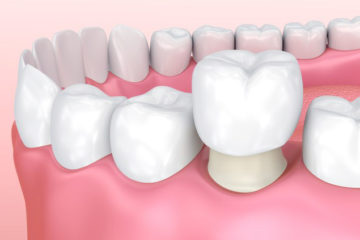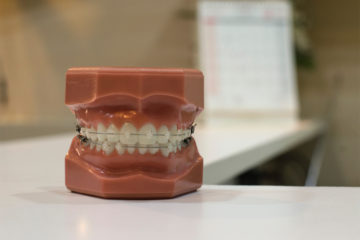You Have a Chipped Tooth. What Now?

Chipping a tooth is something that many people have experienced. Our teeth go through a great deal of stress during the normal course of our lives, and it’s no surprise that they may occasionally break or lose small chips. When this happens, it is easy to panic. But rest assured that in almost every case there is a relatively simple fix for a chipped tooth. Let’s talk about some of the consequences of chipped teeth and what is most often done to repair them.
Consequences of Chipped Teeth
The most important consequence of chipped teeth is pain or sensitivity. It should be said that not all chipped teeth have any sensitivity at all, but many of them do come with some degree of pain. Managing this type of pain is relatively simple: avoid extremely hot or cold drinks and use anti-inflammatory medication such as ibuprofen to ward off the symptoms until a point in time that it can be repaired.
Treatment Options for Chipped Teeth
The options for repairing chipped teeth depend on the tooth involved and the degree to which it is chipped. Most small chips occur on front teeth. For these, composite filling material or “bonding” is used to recreate the missing portion of the tooth. Essentially a dental filling that is glued to the tooth, dental bonding is highly aesthetic and in most cases can completely disguise the fact that a chip ever occurred. More serious chips or breaks may require more involved treatment such as veneers or crowns. These types of treatments cover much more of the tooth, lending added protection and long-term strength.
You Have a Chipped Tooth. What Now?
One of the best ways to deal with a chipped tooth is to prevent it in the first place! Never use your teeth for functions for which they aren’t designed—opening things, chewing on foreign objects, etc.
Related>>> How to Tell if You Have a Cavity
If, however, you find yourself with a broken or chipped tooth, see your dentist right away. The sooner it can be treated, the better the outcome will be.




No Comment